Fantastic octopus wiring!
My brother has been observing the slugs since he got divorced.
Let’s start from where we left off yesterday. Get down on all fours.
No, these aren’t the ramblings of a man with concussion; these are genuine excerpts from Twitter feed and study guide “Non-essential English Vocabulary: Words that will never come up in tests”, a language resource for Japanese students of English that presents entirely useless but infinitely memorable phrases.
With more than 40,000 Twitter followers so far, Twitter feed curator and author Nakayama-san (otherise known as @NISE_TOEIC)’s cheeky tweets are clearly resonating with English learners here in Japan, but why, when the rest of the nation is busy with earnest study, would someone take the time to create a Twitter account dedicated entirely to unusable English? Japanese website Excite Bit sat down with the Nakayama-san to pick up a few study tips and learn little more about the thinking behind the bizarre project.


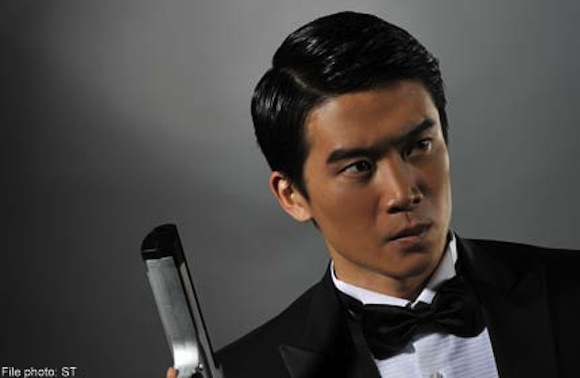
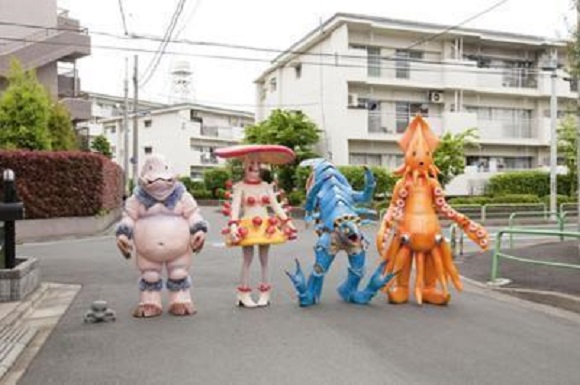

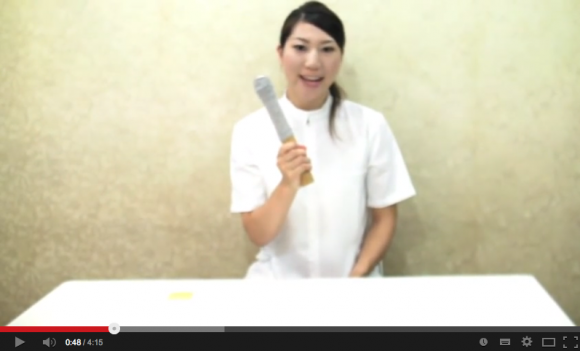
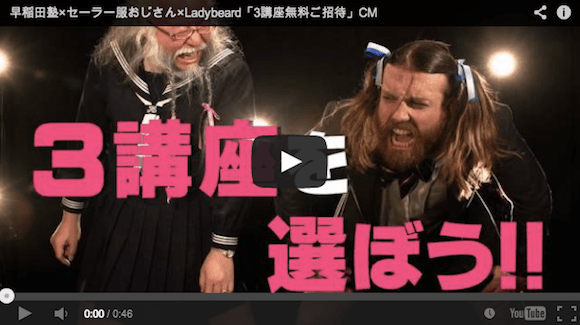
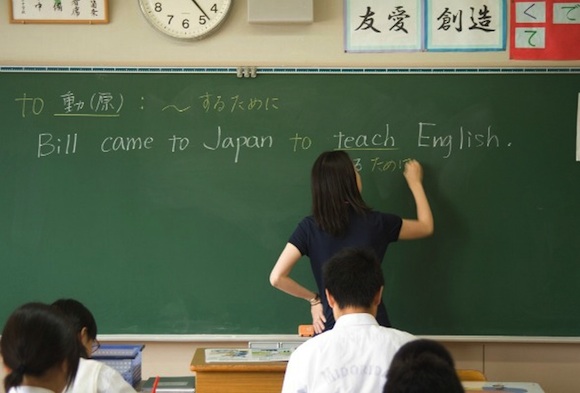


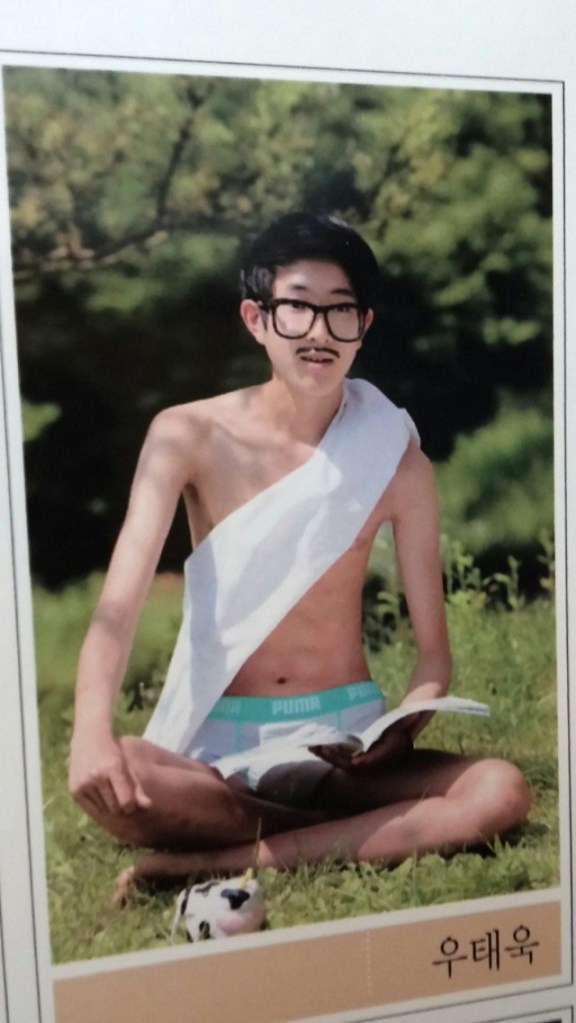

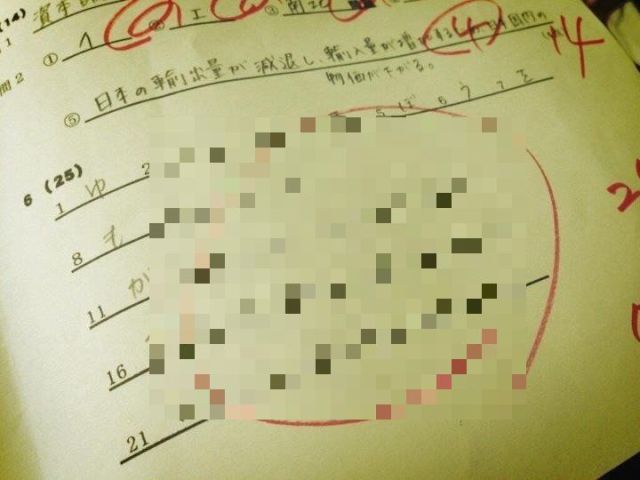
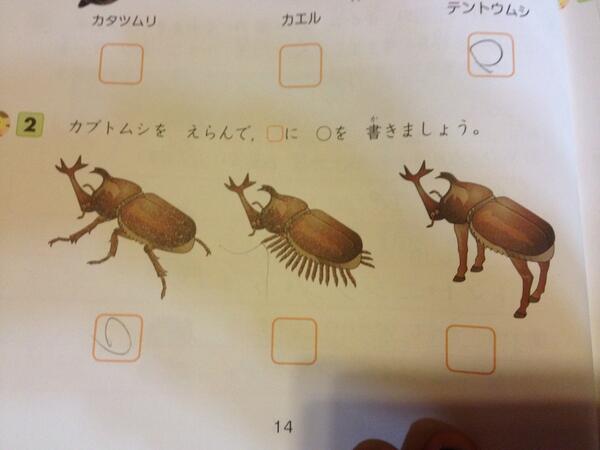
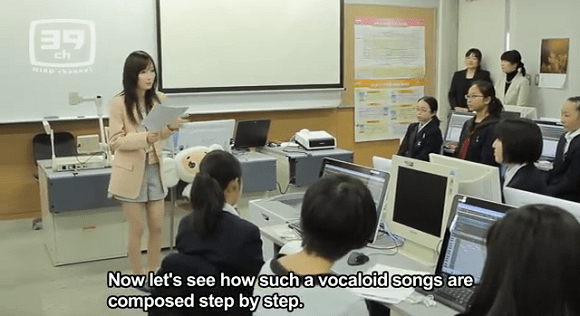

 McDonald’s new Happy Meals offer up cute and practical Sanrio lifestyle goods
McDonald’s new Happy Meals offer up cute and practical Sanrio lifestyle goods More foreign tourists than ever before in history visited Japan last month
More foreign tourists than ever before in history visited Japan last month Starbucks reopens at Shibuya Scramble Crossing with new look and design concept
Starbucks reopens at Shibuya Scramble Crossing with new look and design concept Is the new Shinkansen Train Desk ticket worth it?
Is the new Shinkansen Train Desk ticket worth it? The oldest tunnel in Japan is believed to be haunted, and strange things happen when we go there
The oldest tunnel in Japan is believed to be haunted, and strange things happen when we go there Arrest proves a common Japanese saying about apologies and police
Arrest proves a common Japanese saying about apologies and police Disney princesses get official manga makeovers for Manga Princess Cafe opening in Tokyo
Disney princesses get official manga makeovers for Manga Princess Cafe opening in Tokyo Hayao Miyazaki reveals the kind of otaku he hates the most
Hayao Miyazaki reveals the kind of otaku he hates the most Amazing exhibition of Japan’s legendary “cursed katana” is going on right now【Photos】
Amazing exhibition of Japan’s legendary “cursed katana” is going on right now【Photos】 Solid Sakura: Gorgeous photos show cherry blossom season’s grand finale at Japanese castle
Solid Sakura: Gorgeous photos show cherry blossom season’s grand finale at Japanese castle We try out “Chan Ramen”, an underground type of ramen popular in the ramen community
We try out “Chan Ramen”, an underground type of ramen popular in the ramen community Beautiful new Final Fantasy T-shirt collection on the way from Uniqlo【Photos】
Beautiful new Final Fantasy T-shirt collection on the way from Uniqlo【Photos】 Foreign English teachers in Japan pick their favorite Japanese-language phrases【Survey】
Foreign English teachers in Japan pick their favorite Japanese-language phrases【Survey】 There’s a park inside Japan where you can also see Japan inside the park
There’s a park inside Japan where you can also see Japan inside the park Japanese convenience store packs a whole bento into an onigiri rice ball
Japanese convenience store packs a whole bento into an onigiri rice ball Studio Ghibli releases Kiki’s Delivery Service chocolate cake pouches in Japan
Studio Ghibli releases Kiki’s Delivery Service chocolate cake pouches in Japan Japan’s bone-breaking and record-breaking roller coaster is permanently shutting down
Japan’s bone-breaking and record-breaking roller coaster is permanently shutting down New definition of “Japanese whiskey” goes into effect to prevent fakes from fooling overseas buyers
New definition of “Japanese whiskey” goes into effect to prevent fakes from fooling overseas buyers Foreign passenger shoves conductor on one of the last full runs for Japan’s Thunderbird train
Foreign passenger shoves conductor on one of the last full runs for Japan’s Thunderbird train Our Japanese reporter visits Costco in the U.S., finds super American and very Japanese things
Our Japanese reporter visits Costco in the U.S., finds super American and very Japanese things Kyoto bans tourists from geisha alleys in Gion, with fines for those who don’t follow rules
Kyoto bans tourists from geisha alleys in Gion, with fines for those who don’t follow rules Studio Ghibli unveils Mother’s Day gift set that captures the love in My Neighbour Totoro
Studio Ghibli unveils Mother’s Day gift set that captures the love in My Neighbour Totoro Domino’s Japan now sells…pizza ears?
Domino’s Japan now sells…pizza ears? New Japanese KitKat flavour stars Sanrio characters, including Hello Kitty
New Japanese KitKat flavour stars Sanrio characters, including Hello Kitty Sales of Japan’s most convenient train ticket/shopping payment cards suspended indefinitely
Sales of Japan’s most convenient train ticket/shopping payment cards suspended indefinitely Sold-out Studio Ghibli desktop humidifiers are back so Totoro can help you through the dry season
Sold-out Studio Ghibli desktop humidifiers are back so Totoro can help you through the dry season Japanese government to make first change to romanization spelling rules since the 1950s
Japanese government to make first change to romanization spelling rules since the 1950s Ghibli founders Toshio Suzuki and Hayao Miyazaki contribute to Japanese whisky Totoro label design
Ghibli founders Toshio Suzuki and Hayao Miyazaki contribute to Japanese whisky Totoro label design Doraemon found buried at sea as scene from 1993 anime becomes real life【Photos】
Doraemon found buried at sea as scene from 1993 anime becomes real life【Photos】 Tokyo’s most famous Starbucks is closed
Tokyo’s most famous Starbucks is closed One Piece characters’ nationalities revealed, but fans have mixed opinions
One Piece characters’ nationalities revealed, but fans have mixed opinions We asked a Uniqlo employee what four things we should buy and their suggestions didn’t disappoint
We asked a Uniqlo employee what four things we should buy and their suggestions didn’t disappoint Princesses, fruits, and blacksmiths: Study reveals the 30 most unusual family names in Japan
Princesses, fruits, and blacksmiths: Study reveals the 30 most unusual family names in Japan Studio Ghibli’s new desktop Howl’s Moving Castle will take your stationery on an adventure
Studio Ghibli’s new desktop Howl’s Moving Castle will take your stationery on an adventure Arrest proves a common Japanese saying about apologies and police
Arrest proves a common Japanese saying about apologies and police Disney princesses get official manga makeovers for Manga Princess Cafe opening in Tokyo
Disney princesses get official manga makeovers for Manga Princess Cafe opening in Tokyo Hayao Miyazaki reveals the kind of otaku he hates the most
Hayao Miyazaki reveals the kind of otaku he hates the most Amazing exhibition of Japan’s legendary “cursed katana” is going on right now【Photos】
Amazing exhibition of Japan’s legendary “cursed katana” is going on right now【Photos】 Solid Sakura: Gorgeous photos show cherry blossom season’s grand finale at Japanese castle
Solid Sakura: Gorgeous photos show cherry blossom season’s grand finale at Japanese castle Amazing photos of off-the-beaten-path Japanese castles to add to your travel wish list【Photos】
Amazing photos of off-the-beaten-path Japanese castles to add to your travel wish list【Photos】 Cappuccino Ramen becomes super popular in Japan, but is it worth the hype?
Cappuccino Ramen becomes super popular in Japan, but is it worth the hype? Stores in Japan ask customers to prove they’re real Pokémon fans when buying cards to stop scalpers
Stores in Japan ask customers to prove they’re real Pokémon fans when buying cards to stop scalpers Randomly running into a great sushi lunch like this is one of the best things about eating in Tokyo
Randomly running into a great sushi lunch like this is one of the best things about eating in Tokyo Japan Self-Defense Force’s official magazine causes a stir for featuring gravure idols
Japan Self-Defense Force’s official magazine causes a stir for featuring gravure idols Anime/manga One-Punch Man to be turned into a Hollywood live-action movie
Anime/manga One-Punch Man to be turned into a Hollywood live-action movie Our reporter takes her 71-year-old mother to a visual kei concert for the first time
Our reporter takes her 71-year-old mother to a visual kei concert for the first time Drink a beer at Tokyo Station for 12 cents a day
Drink a beer at Tokyo Station for 12 cents a day Get a bird on your arm: The classic cuckoo clock will soon be available as a wristwatch
Get a bird on your arm: The classic cuckoo clock will soon be available as a wristwatch